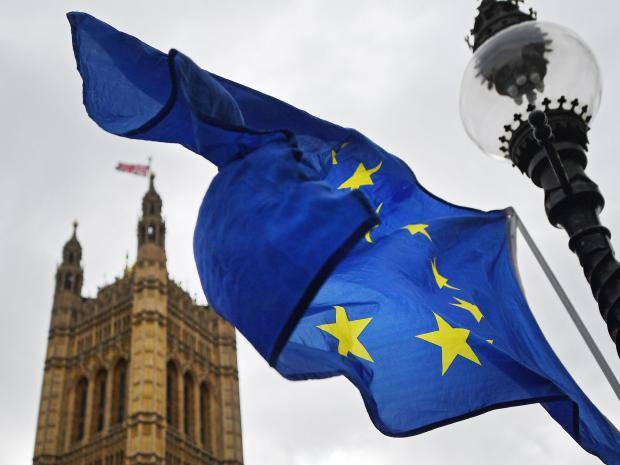The discussion around Brexit keeps going on and on, check out impactbrexit.com for all the discussions. However, one of the main talking points is the impact of Brexit on public spending. With austerity being a key part of government policy since the financial crisis of 2007, public spending has been hit hard. There have been some sort of cuts to services every time a new budget comes out. One of the helping hands that local authorities and the public sector in the United Kingdom have received is through the European Union. While Nigel Farage, Boris Johnson and the rest of the “Leave” campaign focused on the money we gave to the EU, they didn’t consider what they got back. This article will look at how the European Union has helped public spending in Britain and how leaving will impact these services.
The EU Cohesion Policy
The Cohesion Policy is the main investment policy of the European Union. It focuses on the support of creating jobs, business competitiveness, economic growth, sustainable development and improving the quality of life across all regions of its members. The UK has benefited greatly from this policy. From 2007 to 2013 this policy put in €10.6billion in to the British economy. In this period it has created 87,000 jobs, assisted the start-up of more than 29,000 businesses and supported the research of over 1,770 research and technical development projects. These are huge numbers. An example of the work they have done is the Centre for Nano-health at Swansea University. This project combines Nanotechnology with medical science in order to benefit patients. The research that is done in this EU funded project has benefited people in Wales and throughout the globe.
The European Union is expected to invest €11.8billion from 2014 through to 2020 through their Cohesion Policy. Once this period ends then the United Kingdom will no longer be eligible for the investment from this policy. For example, Britain only pays around £16.8billion to be in the EU. This won’t all be invested back in to these sort of projects. Meaning that funding will either dry up or have to be found from another source.

The Impact of Brexit on Public Spending: Local Authorities
The European Union has been an on-going source of funding for local authorities for a number of years. The money that the authorities receive is essentially bonus money – it doesn’t come from annual budgets or local taxes. This allows them to fund projects that they wouldn’t be able to do otherwise. Things like local youth centres have benefited from the EU, allowing them to get kids off the street and guiding them on the right path. Once Britain leaves in 2019 a lot of these projects will have to be put on hold or scrapped by councils unless they can find another source of funding. It is not likely that Theresa May and the government will increase local budgets.
Councils also benefit from different EU projects such as the European Regional Development Fund and the European Structural Fund. This has allowed local councils to improve the quality of life in their areas by doing things such as building sports pitches or making it easier for older people to visit the doctor. These are necessary funds that councils need in order to make public services thrive. Once Brexit is final then new funding will be heavily sought over.
It has been argued that the money we pay in to the European Union as a membership fee will be redistributed around the country. There has been no guarantee of this so far. Many experts believe that the money will be invested in London and the South-East of England – leaving other parts of the United Kingdom out of pocket and in the desperate search of funding. These are just some of the worries the impact of Brexit on public spending could bring to Britain, but there are many more concerns out there.

Krista Loeding specializes in travel and lifestyle content, exploring the intersection of elegance, comfort, and adventure in distinctive travel options.

